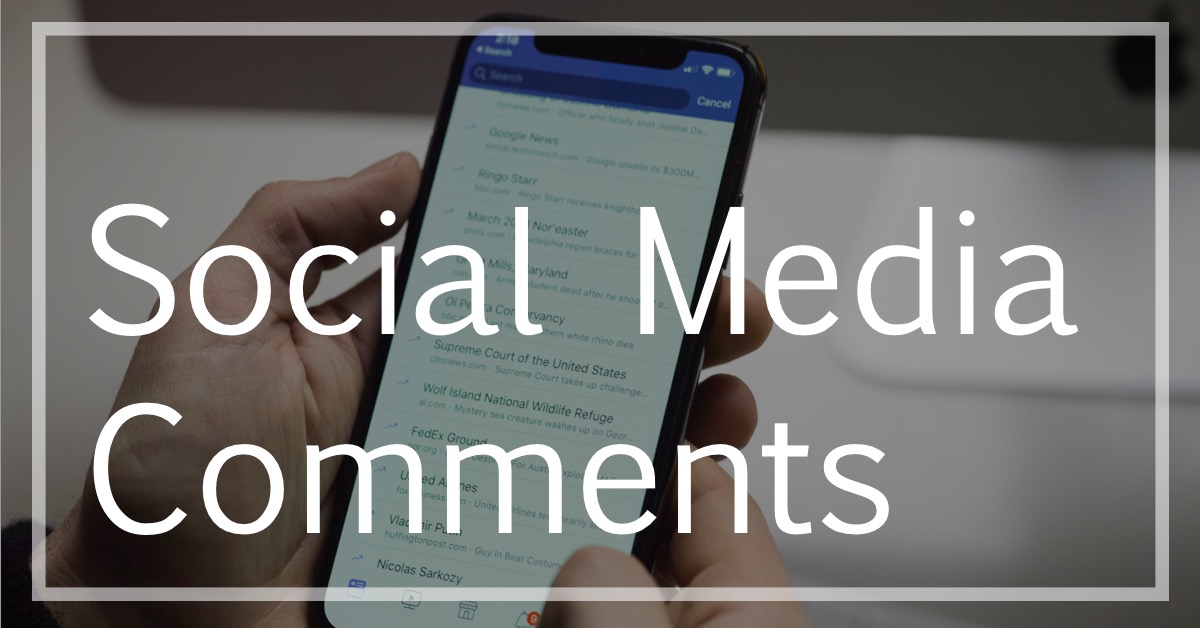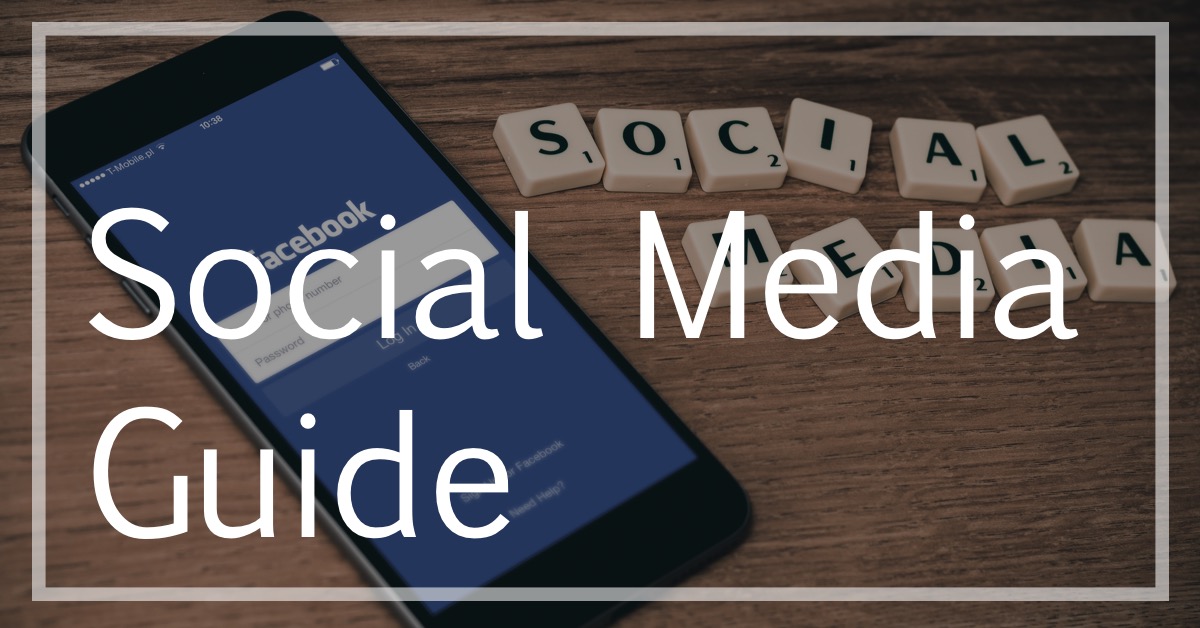Social Media is a great way for businesses to reach their audience and expand their brand. More companies, and customers, are using social media every day. The estimated number of worldwide social media users has reached 2.34 billion and is expected to grow to 2.95 billion by 2020, according to Statista. In an increasingly active social media-friendly world, it is important to know how to protect your company, and your social media audience, in an online environment
Hogan Injury, a northern California law firm, recently wrote an article about the laws that surround social networking sites, as well as regulations that certain industries have in terms of social media use. The article details the legal liabilities of social media sites, and social media regulations. You can read Hogan Injury’s full article here.
What do you need to know about social media and the law? Below are some questions regarding this important topic.
Are Social Media Sites liable for copyright infringement?
They usually are. Section 512C of the Digital Millennium Copyright Act shields websites from liability for copyright infringement. However, liability may be reduced if the company has no knowledge that posted content was infringing, has a policy or way for the copyright owner to request removal of the content, and promptly take down the content.
How is freedom of expression protected on Social Media Sites?
Section 230 of the Communications Decency Act is one of the most valuable tools for protecting freedom of expression and innovation on the Internet. Essentially, if a user posts defamatory content, Section 230 shields the social network site from certain liability that arises from the publication. This section also offers legal protection to bloggers who act as intermediaries when they allow comments on their blogs. Under the law, a blogger is not liable for the comments posted by readers, or for the work of guest bloggers.
Can I take legal action or remove someone’s comments if they are defamatory?
Possibly. The 2013 Defamation Act has made it more difficult for companies to bring a case against people who leave comments that are defamatory. The company or brand must show that the comment or statement would likely cause “serious financial loss”. Some social media platform’s Terms of Use prohibit users posting defamatory or abusive comments, in which case you can request that the comment is removed.
Is there an age limit for companies interacting with kids online?
The minimum age of social media engagement in the US is 13. In other countries the age ranges from 13-18. If a company’s product or service is marketed to children, it needs to follow the COPPA (Children’s Online Privacy Protection Act) laws set forth by the Federal Trade Commission. Under the law, if you are collecting personal information from users under 13, you must notify the parent, seek their consent, and provide them the necessary information on the use of information and on how they will provide consent. This is why children under 13 years old are not allowed to use Facebook, which may have also driven the social media giant to launch Facebook Messenger Kids.
Does HIPAA affect what I can post online?
Yes, HIPAA (Health Insurance Portability and Accountability Act) will limit what information you can put on social media and your website. If you work in healthcare, you have to keep important patient information private. This means that you shouldn’t invite patients to post personal information, nor acknowledge a condition that a person discloses online. When sharing photos, you shouldn’t share any patient information, like a photo of a patient or a tweet that can identify someone who visited your clinic. If you would like to use testimonials, make sure that the patient gives consent or uses a false name.
My employees are always on social media at work. Can I ban social media in the workplace?
Yes, unless challenged by an employee because they feel it limits their right to self-organize. Under the NLRA, National Labor Relations Board law, an employer cannot prohibit employee self-organization. Thus, if limiting Facebook usage at work keeps employees from self-organizing; you cannot ban the site.
Can I use social media to find information about my employees or potential employees?
Sure, you are free to research your potential employees before an interview, or see what your coworkers have been up to over the weekend via their Facebook page. However, there are certain laws that prohibit what you can search for on social media. GINA, or Genetic Information Non-Discrimination Act, prohibits employers from using social media to search for genetic information about an employee or a potential hire.
Do I need to tell people if I am using their personal information, collected from social media?
Yes. according to the recent GDPR (General Data Protection Regulation) Laws. Many social media sites include Terms and Conditions that include information about the type of personal information they extract, which an outside company can use. If your company is planning on using this personal data, it is important to specify what information you are using. GDPR outlines new rules for collecting personal data, and includes steep fines for not complying. It is important to familiarize yourself with GDPR before using any personal data that is extracted from social media or apps.
Were there any questions about social media and the law that weren’t covered? Let us know below and we will add it to our article.
Every business should understand the legal implications of social media use for your company, as well as the benefits of using social media. Marketing Influence creates marketing programs that are customized to your goals and budget. Connect with us now to learn more about how we can help you reach your target demographics through in-depth social media marketing.
* It is important to note that none of the content in this article is legal advice nor is it a replacement for advice from a certified lawyer. Please consult a legal professional for further information.





Leave A Comment